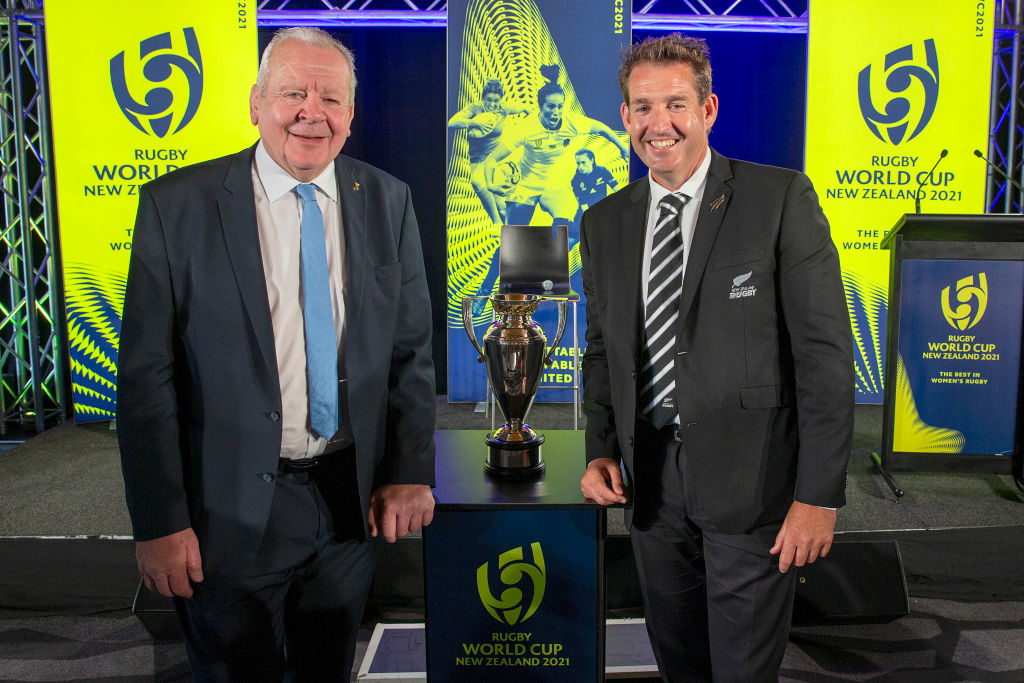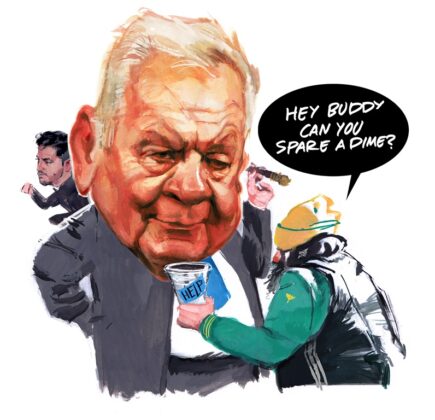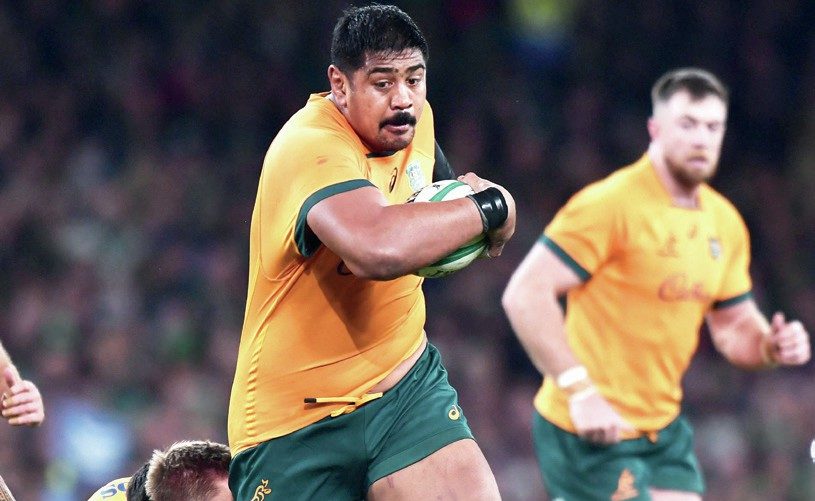
THE gnashing of teeth and wailing from the southern hemisphere unions that accompanied the failure of Agustin Pichot to unseat Bill Beaumont as World Rugby chairman was predictable.
New Zealand, Australia and South Africa have made such a mess of their own competition structures that they were seduced by Pichot’s siren call. He promised that if they backed him he would fill their coffers by becoming Rugby Union’s answer to a Robin Hood – or his own hero, Che Guevara – by taking the wealth from the bold, bad barons of the Six Nations and redistributing it among the downtrodden poor of the south – with a few coins thrown to the Tier 2 nations.
This was, and is, hogwash. It is based on the false premise that somehow the Six Nations owe southern hemisphere unions a huge debt.
Fortunately, the Six Nations managed to stand together for once, rather than dissolve into faction fighting, and the self-styled Argentine revolutionary – ludicrously hailed in some quarters as rugby’s equivalent to his countryman Guevara – was outvoted 28-23, despite the full support of the SANZAAR block.
Guevara and Pichot both played rugby in San Isidro, the same well-heeled suburb of Buenos Aires, but it is inconceivable that given Guevara’s communist beliefs, he would have approved of the former Argentine scrum-half’s role as a director of one of Australian billionaire Andrew Forrest’s copper mines.
Pichot’s sincerity in advocating a more democratic and meritocratic game, or administrative structure, is not in question – although that does not include remodelling World Rugby using FIFA-style ‘democracy’ as its template. Otherwise, this game could find itself hosting its own World Cup in Qatar.
However, there was little evidence in Pichot’s manifesto of how he would deliver on his jam-for- all promises. Instead, by painting the Six Nations as the enemy – principally because their rejection of promotion and relegation scuppered the Nations League – he set an adversarial course against the biggest voting caucus in the sport.
That was his tactical undoing, because the Six Nations, not surprisingly, closed ranks and their 18 votes proved decisive for Beaumont.
The Six Nations is totally wrong not to embrace the principle of promotion and relegation. However, that does not mean agreeing that England, Wales, Scotland, France, Ireland, and Italy are the pariahs of the sport.
When it comes to filling the World Rugby bank accounts from which development money for the global game is distributed it is the World Cups held in the Home Unions – with those in England 2015 and France 2007 substantially its biggest earners – which have provided the bulk of the revenue.
Lions tours are another financial bonanza for the southern hemisphere. The bank balances of the New Zealand, Australian and South African unions are overflowing after Lions tours thanks to a whacking surplus, as well as giving a significant boost to their economies thanks to the volume of travelling fans.
Pichot will be more aware than anyone of the benefits of northern hemisphere rugby after being on the payroll of Richmond, Bristol and Stade Francais at a time when the Argentine Rugby Union refused to countenance professional rugby in their own country.
To be fair to Pichot, since retiring and becoming a rugby administrator he has managed to turn that ultra-amateur body around far enough to countenance that the Pumas had to turn professional to compete on the world stage, and required a Super Rugby franchise – the Jaguares – to underpin the operation.
However, the idea that this has been self-financed by Argentina is fanciful. Once again, it is World Rugby – with those dastardly Home Unions to the fore – which has underwritten the Argentine professional project, with an initial investment of £10m when they joined the Rugby Championship, and a further £7.5m when they were given Tier 1 status.

Having backed Pichot, the chairman of New Zealand Rugby, Brent Impey, decided to go on the offensive, saying that SANZAAR voted against Beaumont because of a lack of progress on revenue sharing, eligibility, or the rules of the game.
He added that future co-operation with Beaumont depended “on the condition that there is fundamental change”. Impey’s grandstanding continued: “We can’t carry on the way we’re going. Look at the finances of Rugby Australia… if these guys don’t make change, and it’s four more years of the same, we’ll be gone.”
What neither Impey nor Pichot acknowledge is that the decline of the Rugby Championship and Super Rugby is because of SANZAAR’s failure to change the structure of its competitions to gain wider appeal – it has nothing at all to do with the Six Nations.
For instance, why has the idea of playing the Rugby Championship in a single host nation to cut down on travel and create a Lions-style tour environment for fans, never got off the ground?
Australian Rugby’s begging bowl has become a regular fixture, and yet, what has it done in terms of self-help to combat the Aussie Rules invasion of schools?
The self-interest of the SANZAAR unions is best illustrated by the fact that Japan, Fiji and Samoa all voted for Beaumont. In the case of the Pacific Islands the rationale was simple: they feel that the big southern hemisphere unions, who are their closest neighbours, do very little to help their development.
Beaumont was right when he fired a shot across the SANZAAR bows saying that the Six Nations would not be part of a calendar restructure. “Why would you move the Six Nations? It has been going for 150-odd years. It’s not affecting anyone else’s window on the global calendar… it’s a seven-week tournament that has been played in February and March since I was a lad.”
Global co-operation in Rugby Union is essential – but the SANZAAR nations should also accept responsibility for putting their own houses in order. It was a major oversight that this was not part of Pichot’s manifesto.
NICK CAIN































You must be logged in to post a comment Login